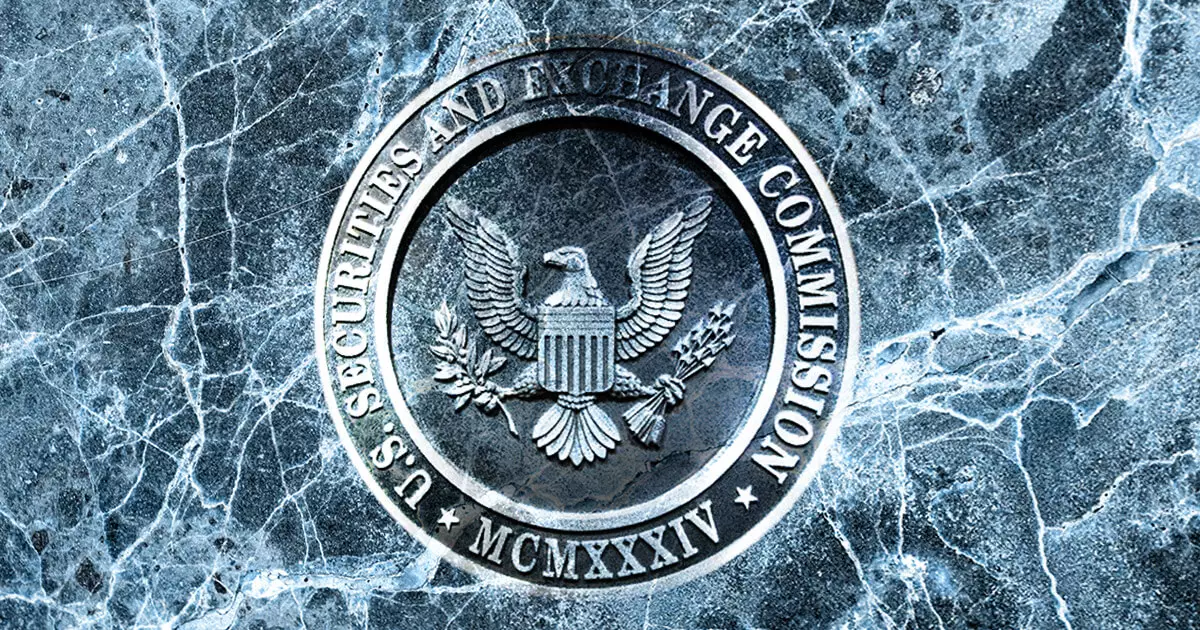The US Securities and Exchange Commission (SEC) Commissioner Mark T. Uyeda recently proposed the development of specialized S-1 registration forms tailored specifically for digital asset securities. During a speech at the Korea Blockchain Week 2024 event, Uyeda underscored the importance of updating regulatory tools to address the unique characteristics of digital assets. This article will explore the implications of this proposal and the need for tailored regulatory frameworks in the digital asset industry.
The S-1 form is a critical document required by the SEC for US issuers looking to offer new securities to the public. Traditionally, this form includes essential financial disclosures such as income and cash flow statements to provide transparency to potential investors. However, Uyeda pointed out that the current S-1 forms may not effectively capture the specific complexities of digital asset securities.
Drawing on past experiences with other financial products, Uyeda suggested that collaborating with sponsors to develop customized registration requirements could address the limitations of standard forms. This approach, he argued, could relieve sponsors of digital asset securities from unnecessary burdens and provide more relevant disclosures to investors. The unique nature of digital assets, which often do not neatly fit into existing regulatory categories, calls for a more adaptive regulatory framework.
The issue of how to regulate digital asset securities remains a contentious topic within the SEC, particularly amidst legal conflicts with industry giants like Ripple and Coinbase. These firms have criticized the lack of clarity from the SEC on defining what constitutes a security in the digital asset context, leading to uncertainty and legal disputes. They advocate for clear, consistent, and predictable rules to support innovation while safeguarding investors.
The ongoing regulatory uncertainty has fueled calls for reforms that can offer greater clarity and support for the digital asset industry. Uyeda highlighted the importance of the SEC considering new legislation or rulemaking to provide clearer guidelines for the sector. However, despite the increasing relevance of digital assets, these issues have yet to take center stage in the SEC’s regulatory agenda under Chair Gary Gensler.
As Commissioner until June 2028, Uyeda has stressed the importance of the SEC keeping pace with international developments, particularly in regions like the European Union, South Korea, and Japan. These regions are actively crafting regulatory frameworks for digital assets, prompting the need for the SEC to align its regulations with global standards. By considering international best practices, the SEC can better position itself to regulate the rapidly evolving digital asset industry.
The proposal for specialized S-1 registration forms for digital asset securities reflects a growing recognition of the unique challenges posed by this emerging sector. Customized regulatory frameworks, clearer guidelines, and international cooperation are crucial for fostering innovation while ensuring investor protection in the digital asset space. The SEC’s response to these evolving dynamics will shape the future regulatory landscape for digital assets.



Leave a Reply